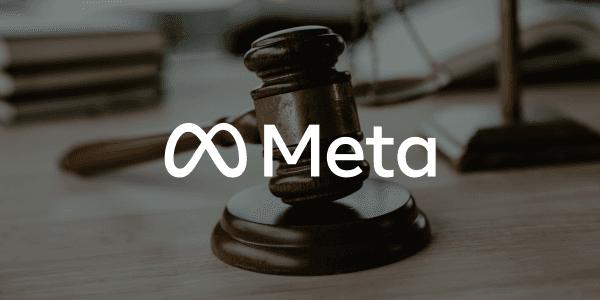Meta is once again under fire for using copyrighted works to train its AI models. While a lawsuit is already underway in the US regarding the Llama model, French publishers and authors have now also taken legal action. They claim that Meta has used their books without permission to further develop its AI.
French publishers apply legal pressure on Meta
The French publishers' association SNE, together with the authors' organizations SGDL and SNAC, has filed a complaint. They claim that Meta's AI models can generate texts that closely resemble the work of their authors. This would indicate large-scale use of copyrighted material without a license.
In the US, Meta is also being sued for processing protected works in its AI models. Internal documents suggest that Meta was aware this was legally risky, but the company deemed it necessary to compete with OpenAI. There were even plans to acquire publishers or pay for copyrights on a per-book basis, but ultimately, the decision was made to use books and summaries without permission.
What are the consequences?
These lawsuits could mark the beginning of a broader legal battle. If Meta is found guilty, more publishers and authors worldwide may seek compensation. This could not only result in hefty fines but also stricter regulations on how AI companies are allowed to use content for training.
Meta is not the only company facing this issue. OpenAI is also being legally challenged for collecting large amounts of text data. The central question remains: how far can tech companies go in training AI, and what rights do authors and publishers have over their work?
For now, it remains unclear how this will develop. Lawsuits can take years, while AI companies continue to improve their models. Meta appears to be preparing for this and is looking for ways to navigate legal obstacles.

